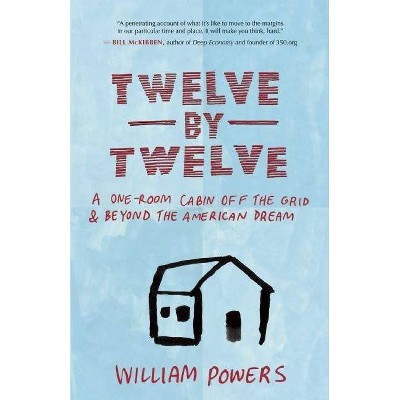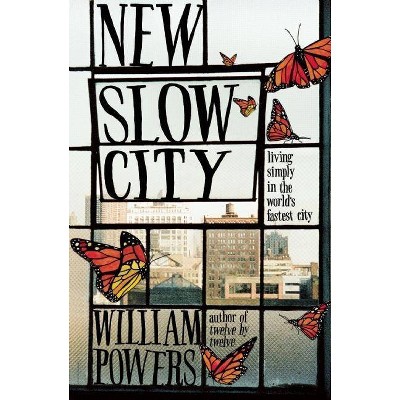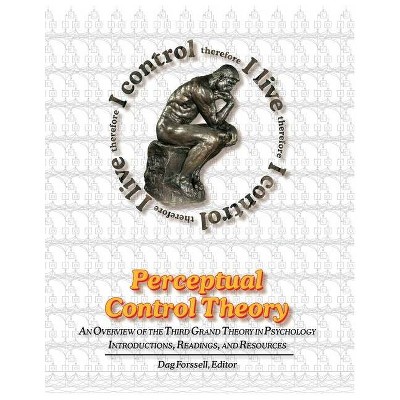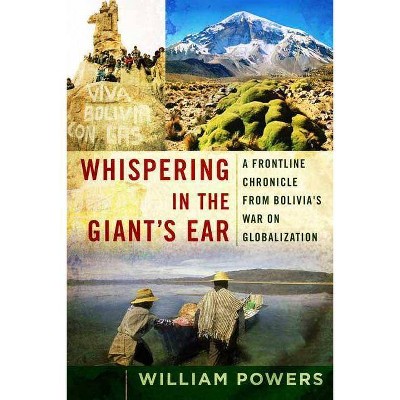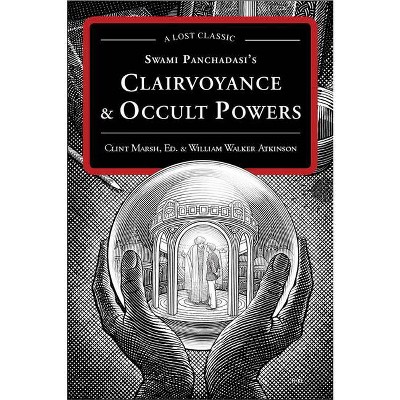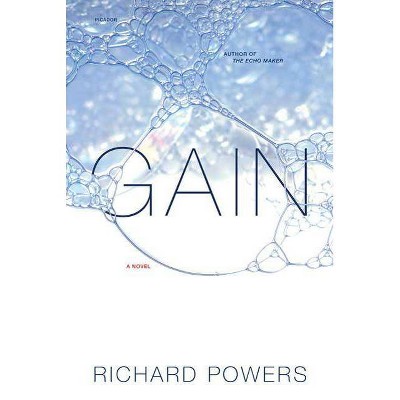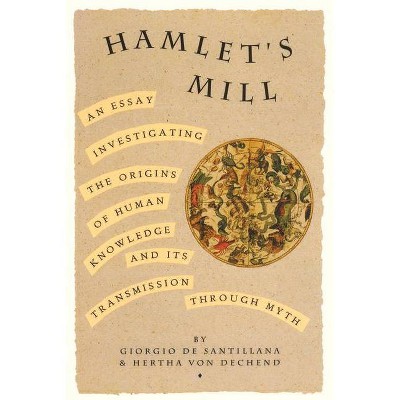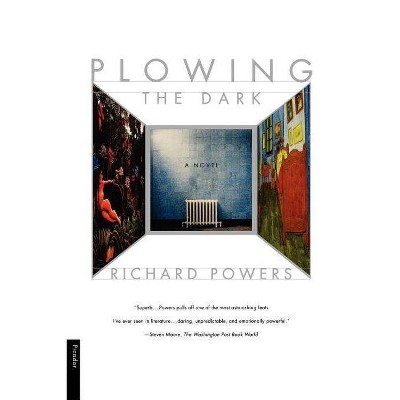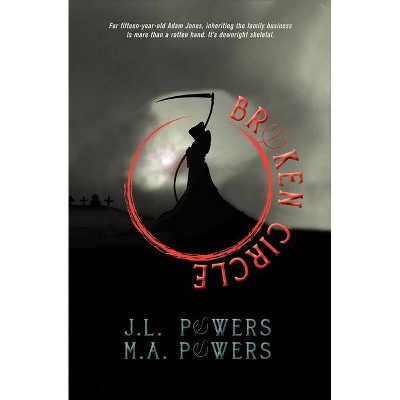Hamlet's Blackberry - by William Powers (Paperback)
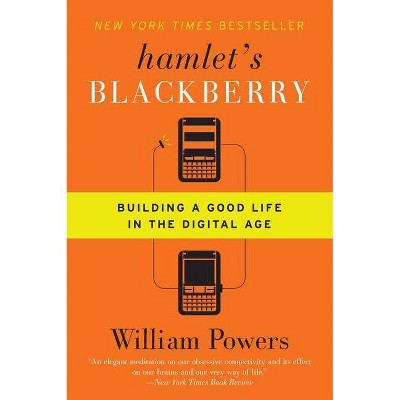
Similar Products
Products of same category from the store
AllProduct info
<p/><br></br><p><b> About the Book </b></p></br></br><P> A brilliant and thoughtful handbook for the Internet age. Bob Woodward <P> Incisive ... Refreshing ... Compelling. Publishers Weekly <P>A crisp, passionately argued answer to the question that everyone who s grown dependent on digital devices is asking: Where s the rest of my life? Hamlet s BlackBerry challenges the widely held assumption that the more we connect through technology, the better. It s time to strike a new balance, William Powers argues, and discover why it's also important to disconnect. Part memoir, part intellectual journey, the book draws on the technological past and great thinkers such as Shakespeare and Thoreau. Connectedness has been considered from an organizational and economic standpoint from Here Comes Everybody to Wikinomics but Powers examines it on a deep interpersonal, psychological, and emotional level. Readers of Malcolm Gladwell s The Tipping Point and Outliers will relish Hamlet s BlackBerry."<p/><br></br><p><b> Book Synopsis </b></p></br></br><p>"A brilliant and thoughtful handbook for the Internet age." --Bob Woodward </p><p>"Incisive ... Refreshing ... Compelling." --<em>Publishers Weekly</em> </p><p>A crisp, passionately argued answer to the question that everyone who's grown dependent on digital devices is asking: Where's the rest of my life? <em>Hamlet's BlackBerry</em> challenges the widely held assumption that the more we connect through technology, the better. It's time to strike a new balance, William Powers argues, and discover why it's also important to disconnect. Part memoir, part intellectual journey, the book draws on the technological past and great thinkers such as Shakespeare and Thoreau. "Connectedness" has been considered from an organizational and economic standpoint--from <em>Here Comes Everybody</em> to <em>Wikinomics</em>--but Powers examines it on a deep interpersonal, psychological, and emotional level. Readers of Malcolm Gladwell's <em>The Tipping Point</em> and <em>Outliers</em> will relish <em>Hamlet's BlackBerry</em>.</p><p/><br></br><p><b> From the Back Cover </b></p></br></br><p>Our computers and mobile devices do wonderful things for us. But they also impose a burden, making it harder for us to focus, do our best work, build strong relationships, and find the depth and fulfillment we crave. </p><p>How to solve this problem? <em>Hamlet's BlackBerry</em> argues that we just need a new way of thinking, an everyday philosophy for life with screens. William Powers sets out to solve what he calls the conundrum of connectedness. Reaching into the past--using his own life as laboratory and object lesson--he draws on some of history's most brilliant thinkers, from Plato to Shakespeare to Thoreau, to demonstrate that digital connectedness serves us best when it's balanced by its opposite, <em>disconnectedness</em>. Lively, original, and entertaining, <em>Hamlet's BlackBerry</em> will challenge you to rethink your digital life.</p><p/><br></br><p><b> Review Quotes </b></p></br></br><br>"In this delightfully accessible book, Powers asks the questions we all <i>need</i> to ask in this digitally driven time. And teaches us to answer them for ourselves."--Maryanne Wolf, author of Proust and the Squid<br><br>"[An] elegant meditation on our obsessive connectivity and its effect on our brains and our very way of life."--Laurie Winer, New York Times Book Review<br><br>"A brilliant and thoughtful handbook for the Internet age--why we have this screen addiction, its many perils, and some surprising remedies that can make your life better."--Bob Woodward<br><br>"Always connected. Anytime. Anyplace. We know it's a blessing, but we're starting to notice that it's also a curse. In Hamlet's Blackberry, William Powers helps us understand what being 'connected' disconnects us from, and offers wise advice about what we can do about it.... A thoughtful, elegant, and moving book."--Barry Schwartz, author of The Paradox of Choice: Why More Is Less<br><br>"Benjamin Franklin would love this book. He knew the power of being connected, but also how this must be balanced by moments of reflection. William Powers offers a practical guide to Socrates' path to the good life in which our outward and inward selves are at one."--Walter Isaacson, author of Einstein: His Life and Universe and Benjamin Franklin: An American Life<br><br>"Powers mounts a passionate but reasoned argument for 'a happy balance'. . . . [He] is a lively, personable writer who seeks applicable lessons from great thinkers of the past. . . . Lucid, engaging prose and [a] thoughtful take on the joys of disconnectivity."--Heller McAlpin, Christian Science Monitor<br>
Price History
Price Archive shows prices from various stores, lets you see history and find the cheapest. There is no actual sale on the website. For all support, inquiry and suggestion messagescommunication@pricearchive.us
